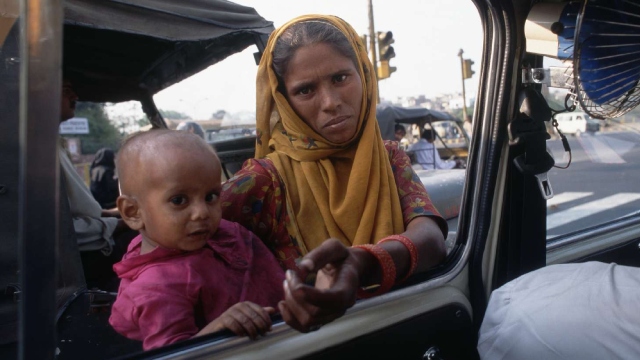
The Delhi High Court on Wednesday has concluded proceedings in a Public Interest Litigation concerning child begging in the capital.
The court dismissed the case after the Government of NCT of Delhi submitted a compliance report detailing the issuance and publicity of the child helpline number, 1098, aimed at assisting children in distress.
The bench, comprising Chief Justice Manmohan and Justice Tushar Rao Gedela, noted that the report highlighted the availability of the helpline for any child in need of help. The court also recognized that the Delhi government had laid out a comprehensive plan for rescuing children engaged in begging, specifying the responsibilities of various departments involved in the initiative.
Previously, the Delhi High Court had directed the Delhi Government and Delhi Police to promote the child helpline number widely to combat the issue of child begging throughout the city. The PIL was filed by Ajay Gautam, who called for effective measures to eliminate child begging in Delhi.
With the government’s compliance, the court deemed it appropriate to close the case.
In his petition, Gautam urged authorities to rehabilitate children involved in begging and to identify and apprehend individuals exploiting vulnerable groups, particularly women and children, by forcing them into begging and other criminal activities.
He pointed out that despite the significant number of beggars visible across the city, the authorities had not implemented adequate measures to address this pressing issue.
The court’s decision underscores the importance of systematic interventions to protect at-risk children and to ensure that mechanisms like the 1098 helpline are effectively utilized. The compliance report from the GNCTD indicates progress in addressing the concerns raised in the PIL and reflects the ongoing commitment to tackle child exploitation in the city.
By closing the proceedings, the court has signaled that while the immediate legal action is resolved, ongoing vigilance and enforcement of protective measures for vulnerable children remain critical.
The court’s ruling reinforces the need for continuous efforts from both government and community organizations to combat child begging and to safeguard the rights of children in distress.




